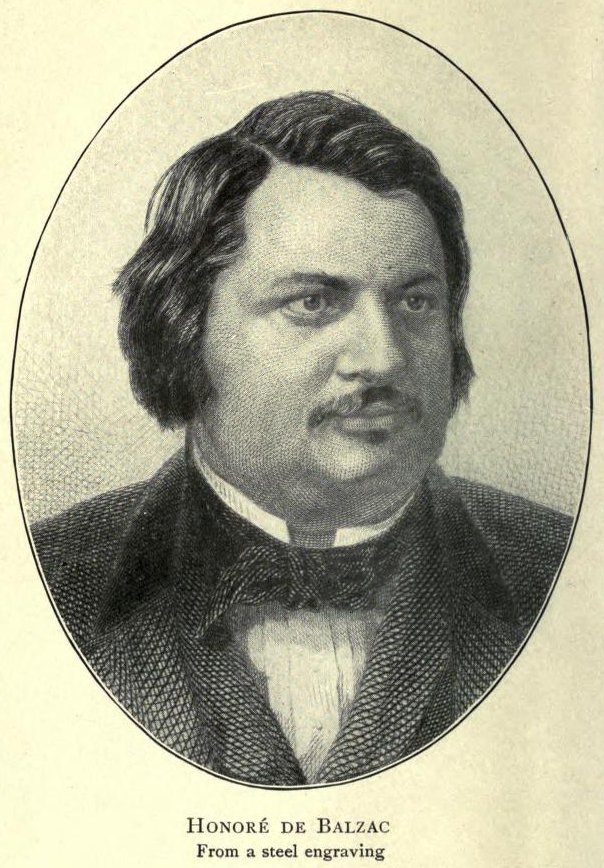
HONORÉ DE BALZAC
Little French Masterpieces
By
HONORÉ DE BALZAC
Edited by
Alexander Jessup
An Introduction by
Ferdinand Brunetière
The Translation by
George Burnham Ives
G. P. Putnam's Sons
New York and London
The Knickerbocker Press
1903

Contents
HONORÉ DE BALZAC
THE UNKNOWN MASTERPIECE
A SEASHORE DRAMA
AN EPISODE UNDER THE TERROR
LA GRANDE BRETÈCHE
THE CONSCRIPT
A PASSION IN THE DESERT
INTRODUCTION
HONORÉ DE BALZAC
(1799-1850)
Balzac's short stories, which we call in French nouvelles are,generally speaking, not the best-known or the most popular part of hiswork; nor are they the part best fitted to give a true and completeidea of his genius. But some of them are none the less masterpieces intheir kind; they have characteristics and a significance not alwayspossessed by their author's long novels, such as Eugénie Grandet orCousin Pons; and finally, for this very reason, they hold in theunfinished structure of The Human Comedy a place which it will beinteresting to try to determine. That is all that will be attempted inthis Introduction.
Some of the stories contained in the present volume were writtenunder curious circumstances. In the first place it is to be notedthat they all date from 1830, 1831, and 1832[1] and therefore precedethe conception and planning of The Human Comedy. Their value is farfrom being diminished by that fact. An Episode under the Terror(1830), for instance, was composed as an introduction to the Memoirsof Sanson—that executioner who of all executioners in the world'shistory probably despatched the fewest criminals and yet shed the mostblood; and the Memoirs themselves, which are entirely apocryphal,are also in part Balzac's own work. But, though composed in this way,to order and as a piece of hack work, An Episode under the Terror isin its artistic brevity one of Balzac's most tragic and most finishednarratives. La Grande Bretèche (1832) was at first only an episodeinserted among the more extended narratives of which it made part, asin the old-fashioned novel of tales within tales of which Gil Blasis the type; and brief as it is, Balzac nevertheless rewrote it threeor four times. It is therefore anything but an improvisation. Yet noother of these short stories can give more vividly than La GrandeBretèche the impression of a work sprung at once in full completenessfrom its author's brain, and conceived from the very first in itsindivisible unity. But, preci